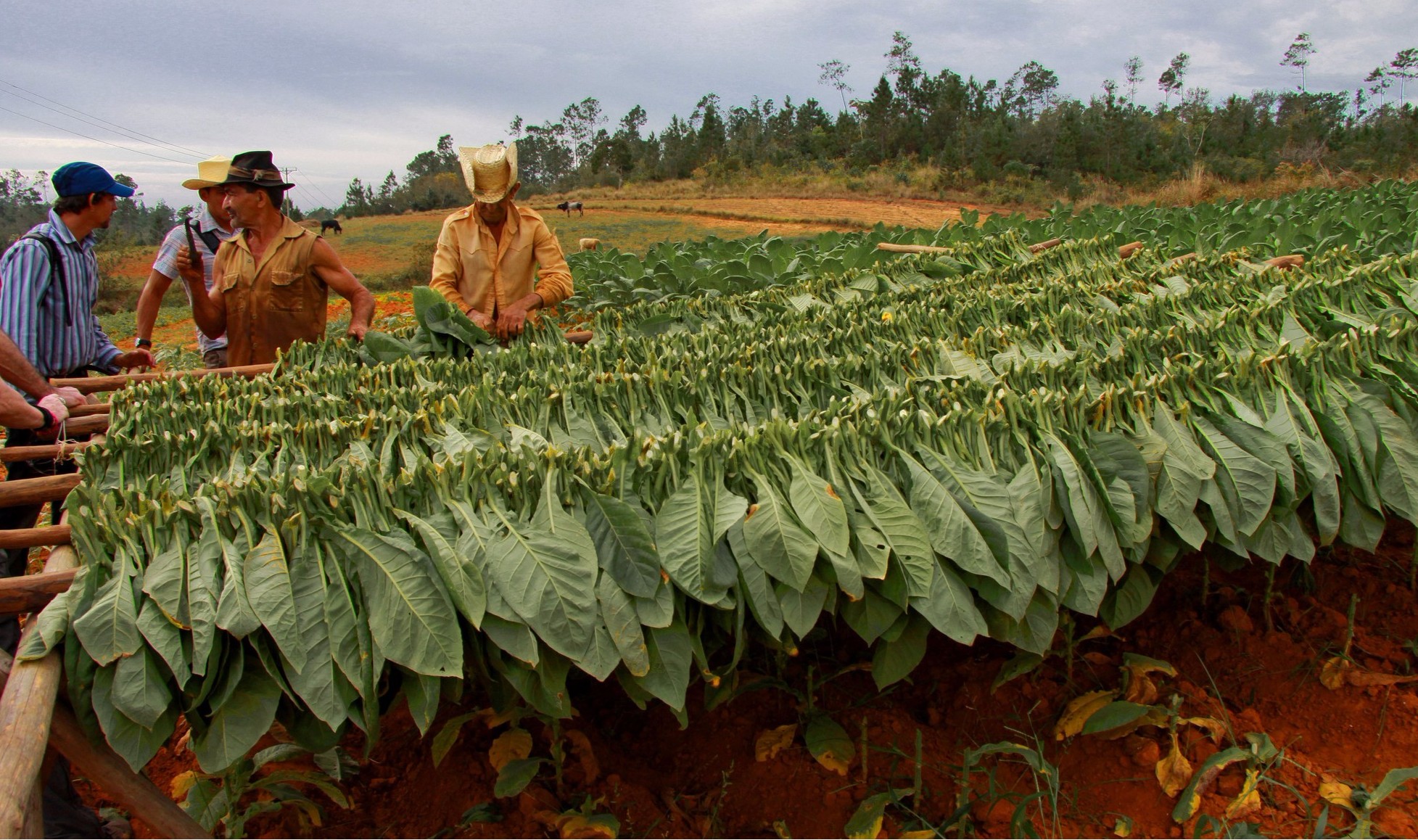Tobacco growers
Terra de Direitos
In 2004, in the municipalities of Teixeira Soares and Imbituva, in the state of Paraná, small-scale farmers signed contracts for the purchase and sale of tobacco leaves for the 2004/2005 harvest with two companies called CTA Continental Tobaccos Alliance S/A and Universal Leaf Tabacos Ltda. In view of a large number of abusive situations and human rights violations, the farmers, in partnership with Terra de Direitos, developed litigation strategies, using the tools of public interest legal aid, which culminated in a proposal for seven lawsuits against the companies with the aim of having the contracts declared null and void.
When negotiating the contracts, the companies presented “advantages” of planting and commercializing tobacco leaves with their “integration system”. However, as the obligations were put into practice, several abusive clauses were noted in the contractual relationship, such as excessive use of pesticides and the farmers’ workforces and families having to work in practically uninterrupted shifts, including frequently having to sleep inside the tobacco curing barn, which is an unhealthy place owing to the amount of pesticides used on the plants.
As such, an extremely unequal relationship existed in terms of fulfilling obligations since the companies had failed to keep to the principle of contractual good faith and misled the farmers by promising “easy credit and guaranteed market”, so that, owing to their complete lack of experience, they signed contracts that were excessively onerous.
This case fits into a national context of large-scale monoculture production, with the use of loans, collateral, technology packages that range from purchasing seeds, pesticides and chemical fertilizers, to the need for the provision of technical assistance to farmers, in addition to having special characteristics of the degradation of human labour in the case of tobacco monoculture. Transnational companies dominate tobacco production and commercialization and opt for concentrating production in small rural properties, by signing contracts with small-scale family farmers with little land to farm. As a rule the companies use a discourse that proposes what appear to be advantages of signing the contract they offer. The contract is usually an instrument by means of which the companies control the farmers and their families, who end up in debt, with severe health problems and, not rarely, end up losing their land because they used it as collateral to obtain credit from financial institutions.



